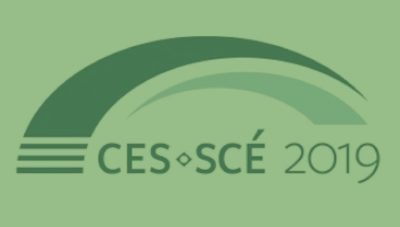
21 May Tips and Tricks: Communicating Evaluation Results
Effective communication of evaluation results is an essential competency in evaluation: how and when the results are communicated can influence how stakeholders respond and react.
By understanding how stakeholders can be meaningfully engaged in the evaluation process through strategic communication tactics, there can be increased opportunities to turn the evaluation results into actions through evidence-informed decision making.
Erica McDiarmid, DPRA Associate, will be sharing information on effectively communicating evaluation results and more at the upcoming Canadian Evaluation Society annual conference in Halifax this month.
Erica is a Credentialed Evaluator and leads DPRA’s evaluation practice stream. Her interactive workshop at the conference will include a discussion on the best practices DPRA uses in effective communication strategies for using evaluation to affect positive change.
Participants will be presented with communication strategies that can be utilized across the project life-cycle of an evaluation and will learn tips and tricks for communicating both positive and negative evaluation results in a way that increases stakeholder buy-in, and ultimately provides stakeholders with a useful evaluation.
You can register now to attend Erica’s workshop on May 26, titled “Communication Strategies: Bridging the Abyss between Evaluation Reports and Evidence-informed Action”.
You can also learn about the evaluation services DPRA offers, or contact Erica directly.


